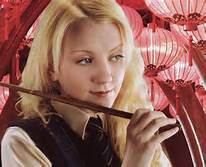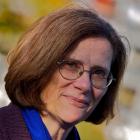

“I feel certain she’d have disliked the book-she was a ferocious critic,” Cunningham said of Woolf, who died in 1941. Cunningham’s 1998 novel won the Pulitzer Prize for fiction, then was adapted into a 2002 film of the same name, starring Nicole Kidman as Woolf.

His novel The Hours essentially retells Dalloway as a story within a story, alternating between a variation of Woolf’s original narrative and a fictional speculation on Woolf herself. Woolf’s example helped drive Cunningham to become a writer himself. By which I meant she walked a line between chaos and order, she riffed, and just when it seemed that a sentence was veering off into randomness, she brought it back and united it with the melody.” “I thought, wow, she was doing with language something like what Jimi Hendrix does with a guitar. “I could see, even as an untutored and rather lazy child, the density and symmetry and muscularity of Woolf’s sentences,” Cunningham recalled. I hoped, for strictly amorous purposes, to appear more literate than I was.”Ĭunningham didn’t really understand all of the themes of Dalloway when he first read it, and he didn’t, alas, get the girl who had inspired him to pick up Woolf’s novel.

I read it in a desperate attempt to impress a girl who was reading it at the time. “I was a bit of a slacker, not at all the sort of kid who’d pick up a book like that on my own (it was not, I assure you, part of the curriculum at my slacker-ish school in Los Angeles). Dalloway for the first time when I was a sophomore in high school,” Cunningham told readers of the Guardian newspaper in 2011. Just ask Michael Cunningham, author of The Hours, the popular and critically acclaimed novel inspired by Woolf’s classic fictional work, Mrs. But, in her prose, Woolf is one of the great pleasure-givers of modern literature, and her appeal transcends gender. It’s a reputation that runs the risk of pigeonholing Woolf as a “women’s writer” and, as a frequent subject of literary theory, the author of books meant to be studied rather than enjoyed.

Woolf’s experimental novels are much discussed within academia, and her pioneering feminism has given her a special place in women’s studies programs across the country. The Woolf reference seems to have no larger meaning, but, perhaps inadvertently, it gives a note of authenticity to the play’s campus setting.


 0 kommentar(er)
0 kommentar(er)
